The dependence on synthetic pesticides has increased substantially after the advent of green revolution in India to sustain the increasing demand for food production for the burgeoning population. The un-realistic and injudicious use of synthetic pesticides for the past several years led to the outbreaks of many insect and non-insect pests. There has been realization on the importance of use of non-synthetic pesticidal approach for managing the pests in general and insects in particular. The spurt of reports from the last one decade on the feasibility of use of biological based plant protection avenues viz., plant products, bio-control agents and pheromones, have opened the scope for the search of more efficient tactics to tackle the pest menace. One of such approaches is to use an efficient pest monitoring system based on the pheromones. The pheromone system is further developed in to a management tool through mass trapping and communication disruption techniques and found productive in many crops. Pheromones for a few of the insect pests have been identified, synthesized and successfully field-tested during the past decade in India. There is yet a lot of scope to work on different aspects of use of pheromone technology for its optimal use. Even in colleges of higher studies, there is not much importance given to basic and applied aspects of the pheromones in agriculture and other allied subjects. This book "Pheromones: Principles and Practices" has been designed in such a way that a comprehensive syllabus on this subject is conceived and developed for the use of the students of both undergraduate and postgraduate, as well as for those engaged in the basic and applied research and field application of the pheromones. This book encompasses all the pheromones of the living species of both animal and plant kingdom details on sources of production, location of glands, method to collect and test for confirmation are given.
Pheromones: Principles and Practices
$135.00
$150.00
In stock
Free & Quick Delivery Worldwide
All orders amounting to US$ 50 or more qualify for Free Delivery Worldwide. For orders less than US$ 50, we offer Standard Delivery at $14 per book.
ABOUT THE AUTHOR Anand Prakash
Anand Prakash, FES, is a Scientist ‘EI’ in the Plant Taxonomy and Biodiversity Division in the National Botanical Research Institute (NBRI), Lucknow. He is serving NBRI for the last 12 years. During the period, he worked out research projects like, ‘Survey of Plant Resources of Rajaji National Park, Dehra Dun, Uttar Pradesh’ and ‘Ethnobotanical Studies of Tribal and Aboriginal Populations of Uttar Pradesh’. Earlier, he served as Research Asstt. (Bot) in the Central Council for Research in Unani Medicine (CCRUM), Ministry of Health and Family Welfare, Govt. of India. New Delhi for three years. He has participated and served as Scientist, ‘EXPLOGAR-96’ a plant exploratory mission to the Valley of Flowers in the Garhwal Himalayas organized by NCC Directorate, Lucknow, Uttar Pradesh. He has published one book, ‘Flora of Rajaji National Park, Uttaranchal and 37 research papers in different National & International Scientific Journals on Plant Taxonomy, Ethnobotany, Biodiversity, Medicinal Plants & Conservation. Besides, he is life member of Societies of Ethnobotanists of India and has been awarded ‘Fellow of the Society of Ethnobotanists (FES)’. He is also a life member of Kaul Science Foundation, Indian Association for Angiosperm Taxonomy, and Association for Plant Taxonomy (APT).
ABOUT THE AUTHOR V. Nandagopal
Dr. V. Nandagopal graduated in B.Sc (Ag) and M.Sc., (Ag) in Agricultural Entomology, Tamil Nadu Agricultural University, Coimbatore. His Ph.D. programme was on pheromone was on pheromone research in collaboration with Natural Resources Institute. London. He is presently working as senior scientist in the Division of Entomology, central Rice research Institute (ICAR), Cuttack. After working at the sugarcane Breeding Institute, Coimbatore, he moved to the National research centre for Groundnut, Junagadh, through ARS and worked for 20 years on pheromones research, development and extension on the insects of groundnut. He has worked in the field of biology, pheromone technology with strong interest in behavioral biology of insects. He published his findings in national and International journals.
reviews
0 in total
Review by Anonymous
Pheromones: Principles and Practices
Be the first to review “Pheromones: Principles and Practices” Cancel reply
You must be logged in to post a review.
Bibliographic information
Title
Pheromones: Principles and Practices
Author
Edition
1st ed.
Publisher
ISBN
8190094785
Length
336p., Tables; Figures.
Subjects
more by A.R. Prasad see more
Dictionary of Microeconomics: A Glossary of Terms Frequently Found in Discussions of Microeconomics
This glossary has been ...
$21.38
$22.50
more by Anand Prakash see more
more by J S Yadav see more
more by Jagadiswari Rao see more
more by V. Nandagopal see more
Applied Entomology: Insect Pests of Fruit Crops, Vegetables, Spices and Condiments and their Management (Volume 3)
In this book, an attempt has ...
$54.00
$60.00

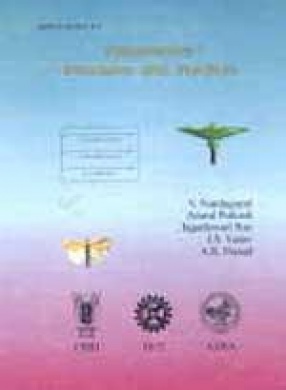

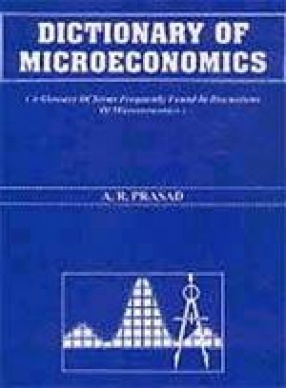
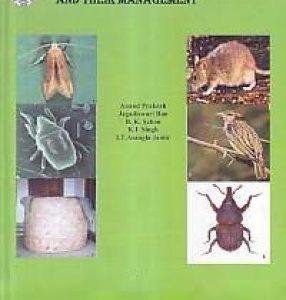
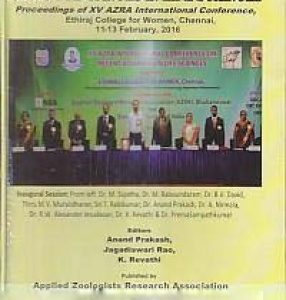
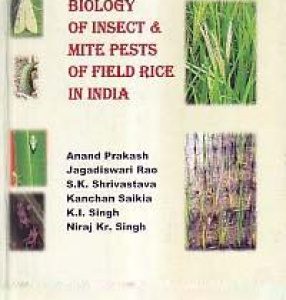
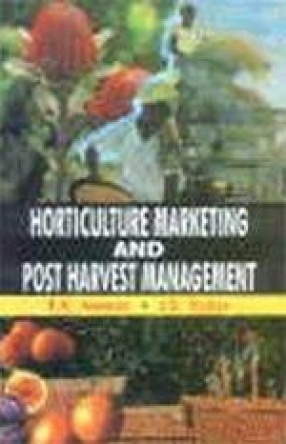
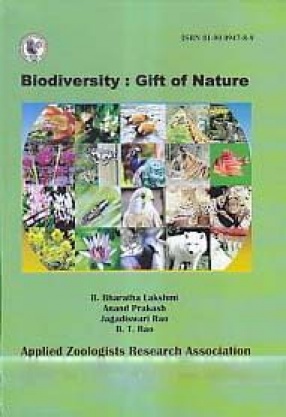
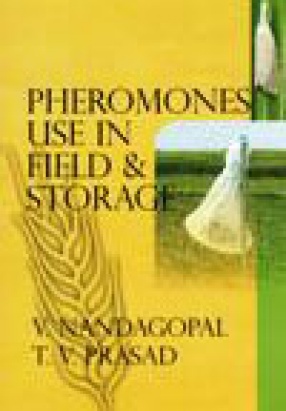
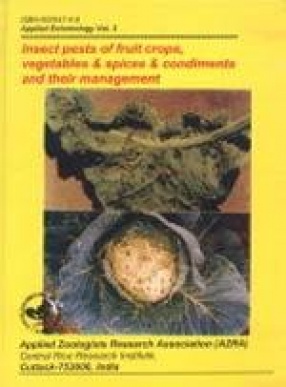
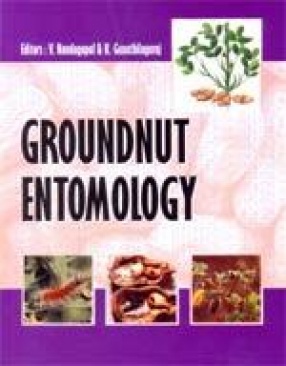
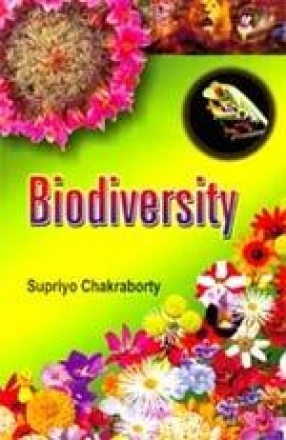

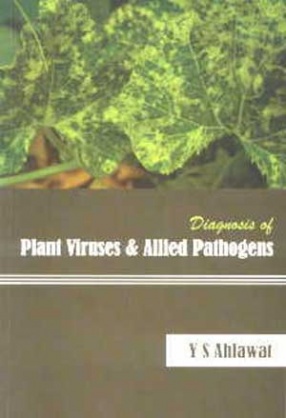
There are no reviews yet.